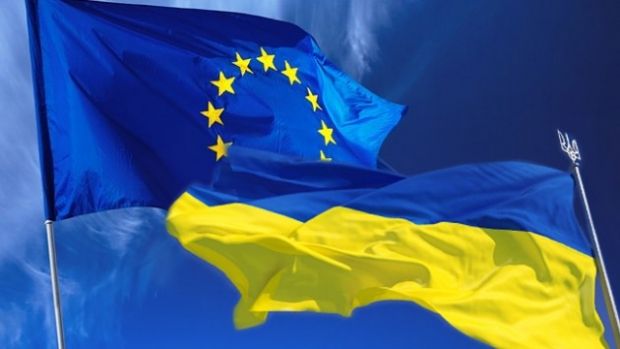
“The best way to guard against that is to establish an EU-Ukraine customs union,” the expert argues in his piece published by Project Syndicate.
European leaders need to recognize that certain populist forces in the Verkhovna Rada are “turning up the heat on the government in anticipation of elections less than two years away,” thus hindering the reform process, the author says.
The EU stresses the need to continue reforms and implement the EU’s technical standards but “if we want to keep Ukraine moving forward, we cannot just engage in mutual celebration of the road already traveled,” says the author. “Europe’s most powerful lever in promoting stable, viable, and successful democracies has always been its use of conditionality, linking reforms to clear and tangible benefits. We must continue to place new milestones along the road to show that we are committed to Ukraine’s success and serious about rewarding reforms.”
Read alsoUkraine's Rada calls on European peers to vote for trade concessions without changeThe prospect of a customs union is “the strongest incentive to implement the agreed free-trade deal and continue Ukraine’s long-term economic integration with Europe.” Once this long-term project is fulfilled, Ukrainian businesses “would be able to join European manufacturing supply chains, and the government would be able to pursue a much-needed diversified industrial strategy to capitalize on its geographical proximity to the world’s biggest market. Rather than being an addendum to Europe’s economy, Ukraine would become intertwined with it.”
For the EU, this creates significant opportunities for trade and commerce in an economy of 46 million people, according to Anders Fogh Rasmussen. As Ukraine has chosen a clear European future, “what kind of signal would we send to other states in our neighborhood, or to Russian President Vladimir Putin for that matter, if we turned Ukraine away?”
On the downside, joining the customs union would limit Ukraine’s ability to negotiate its own trade agreements. Even if the EU is by far Ukraine’s largest trade partner, more than half of its trade is with the rest of the world. Ukraine would not be able to negotiate with the Eurasian Customs Union, which will become Brussels’ responsibility.
Read alsoUkraine initiates consultations on setting up FTA with UK – PM GroysmanDespite some protectionist tendencies in Eastern European states, Ukraine’s trade and investment patterns are increasingly converging with the EU. On balance, the economic case is strong, and the political case is compelling, with potential gains far outweighing any pitfalls.
“The EU needs to consider the next steps forward for Ukraine, to keep it on the path of reform and toward a better future,” the author concludes. “And the EU needs to show that it remains a transformative force in its own neighborhood.”

